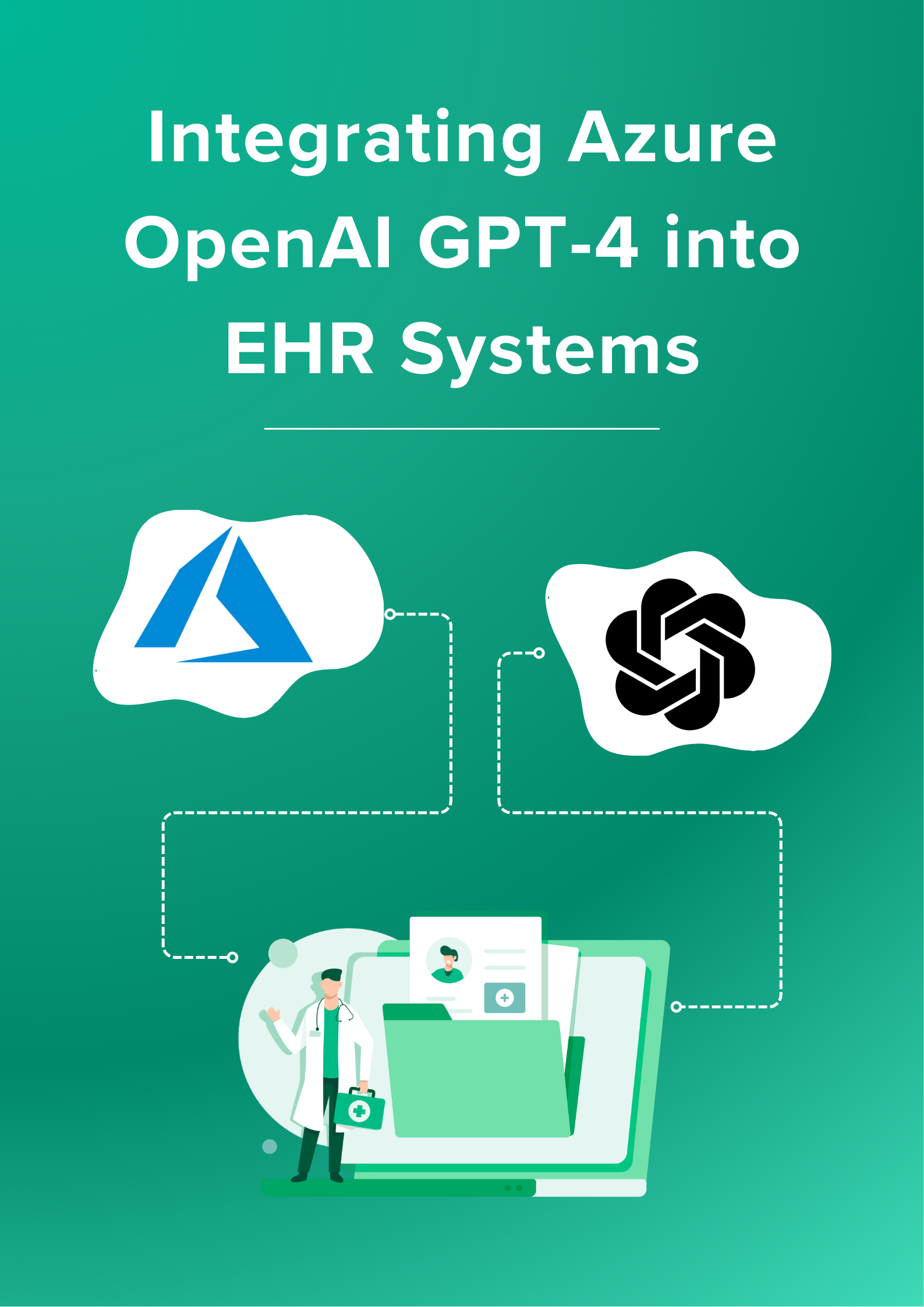Platform Essentials
Overview
Governed platform for building and operating digital systems.
Architecture
Multi-tenant and scalable platform architecture.
Foundation Apps
Core tools for work, content, and workflow.
Exchange
Governed marketplace for extensions and integrations.
Governance and Trust
Policy-driven security, auditability, and responsible AI.
Deployment Model
Flexible deployment across Batoi, partner, and customer clouds.
Studios
Overview
Core capability engines extending the Batoi Cloud Platform.
RAD
Build, test, and deploy governed applications.
Flow
Orchestrate integrations, workflows, and automation.
Insight
Analyze risk, compliance, and performance.
SecureOps
Embedded DevSecOps and policy-driven security.
Consulting
Overview
Strategic and technical advisory for platform adoption.
DevSecOps and Cloud Transformation
Modernize delivery with security-first cloud architectures.
AI and Data Governance
Responsible AI and data governance across systems.
Sustainability and Digital Risk
Sustainability and digital risk management.
Assessment and Assurance
Independent assessments and compliance readiness.
About and Organization
About Batoi
Who we are, what we believe in, and why we exist.
Batoi Ecosystem
How platform, systems, partners, research, and consulting fit together.
Offices and Contacts
Global presence and official contact information.
Careers
Join a team shaping secure and sustainable digital systems.
Legal and Governance Center
Policies, terms, compliance statements, and disclosures.
Trust, Media and Responsibility
News and Press
Official announcements, press releases, and media mentions.
Media Downloads
Brochures, brand assets, logos, and press kits.
Research
Our long-term research directions and collaborations.
Batoi Academy
Skills programs for developers and administrators.
Social Initiatives
Environmental, social, and community impact initiatives.

